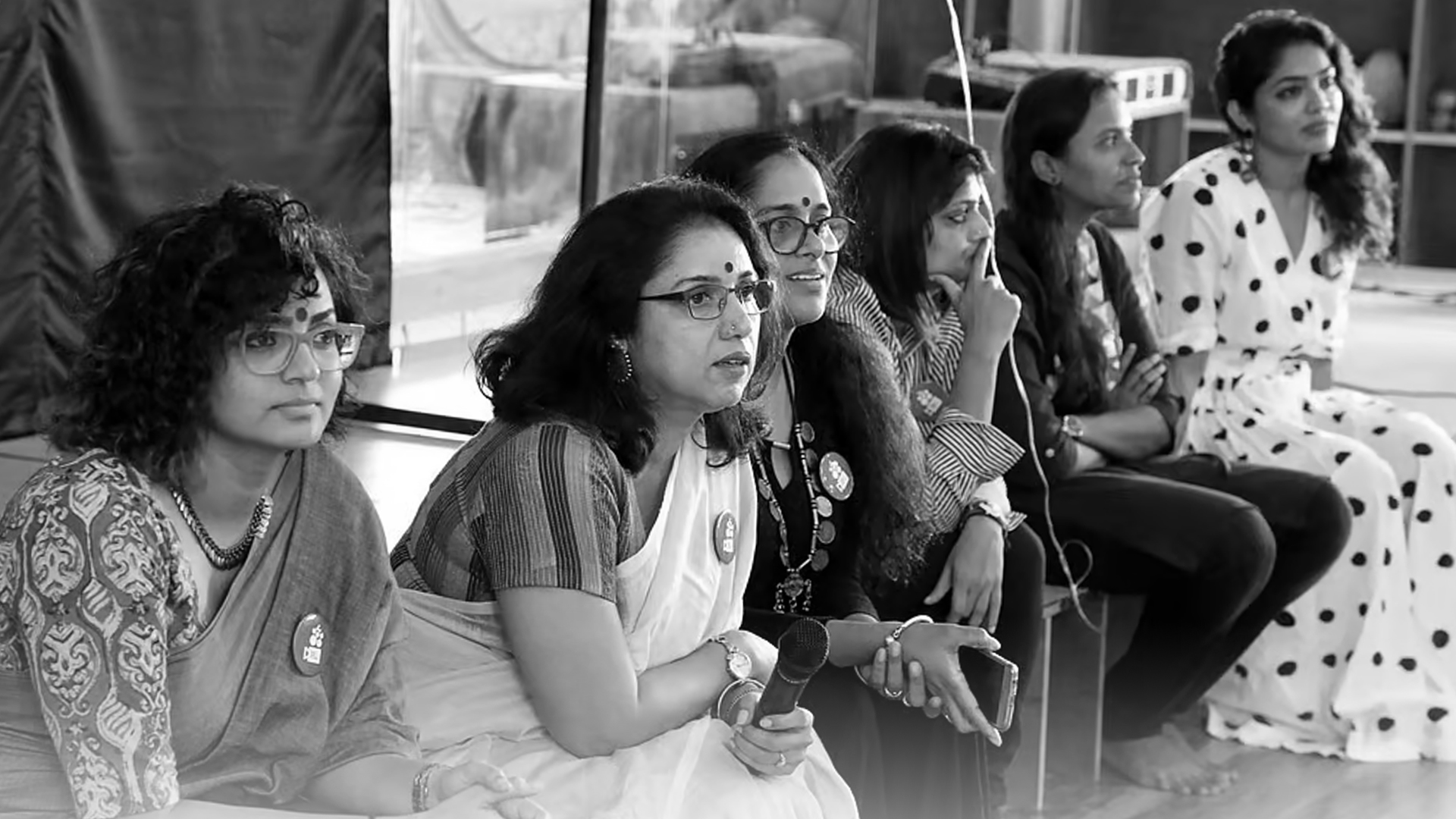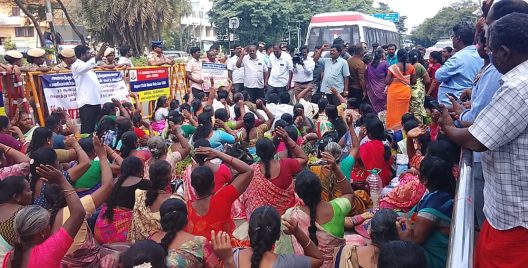Nearly five years after the Hema Committee uncovered systemic sexual harassment in the Malayalam film industry, the police investigation based on its findings may be coming to a premature halt for 35 registered cases.
The Special Investigation Team (SIT), which was constituted to act on the committee’s recommendations, has cited the reluctance of survivors to record statements as the primary reason for pausing the probe.
Retired High Court Judge K. Hema’s 300-page report, made public in August 2024, laid bare a culture of widespread gender-based discrimination and harassment within the industry. Many women detailed the professional risks of speaking up—risks that continue to cast a shadow even today.
Also read: All You Need To Know About The Hema Committee!
In the months following the report’s release, 120 FIRs were registered, and chargesheets were filed in 26 cases. These include cases involving several well-known figures in the Malayalam film fraternity.
To address the broader issue of workplace harassment, the Kerala High Court recently appointed a nodal officer to receive complaints, including those from beyond the film industry. This interim measure will remain in place until January 31, 2026.
However, the police have now stated that the investigation will only resume if survivors are willing to come forward and testify.
In response to the latest developments, actor Parvathy Thiruvothu took to Instagram, sharply criticising the Kerala Chief Minister Pinarayi Vijayan for its delayed implementation of the report’s recommendations. She urged authorities to “prioritise the report,” echoing the growing frustration within the industry.
Despite mounting pressure for systemic reform, the state’s delayed response has left many survivors—who took immense personal and professional risks to speak out—still waiting for justice.













